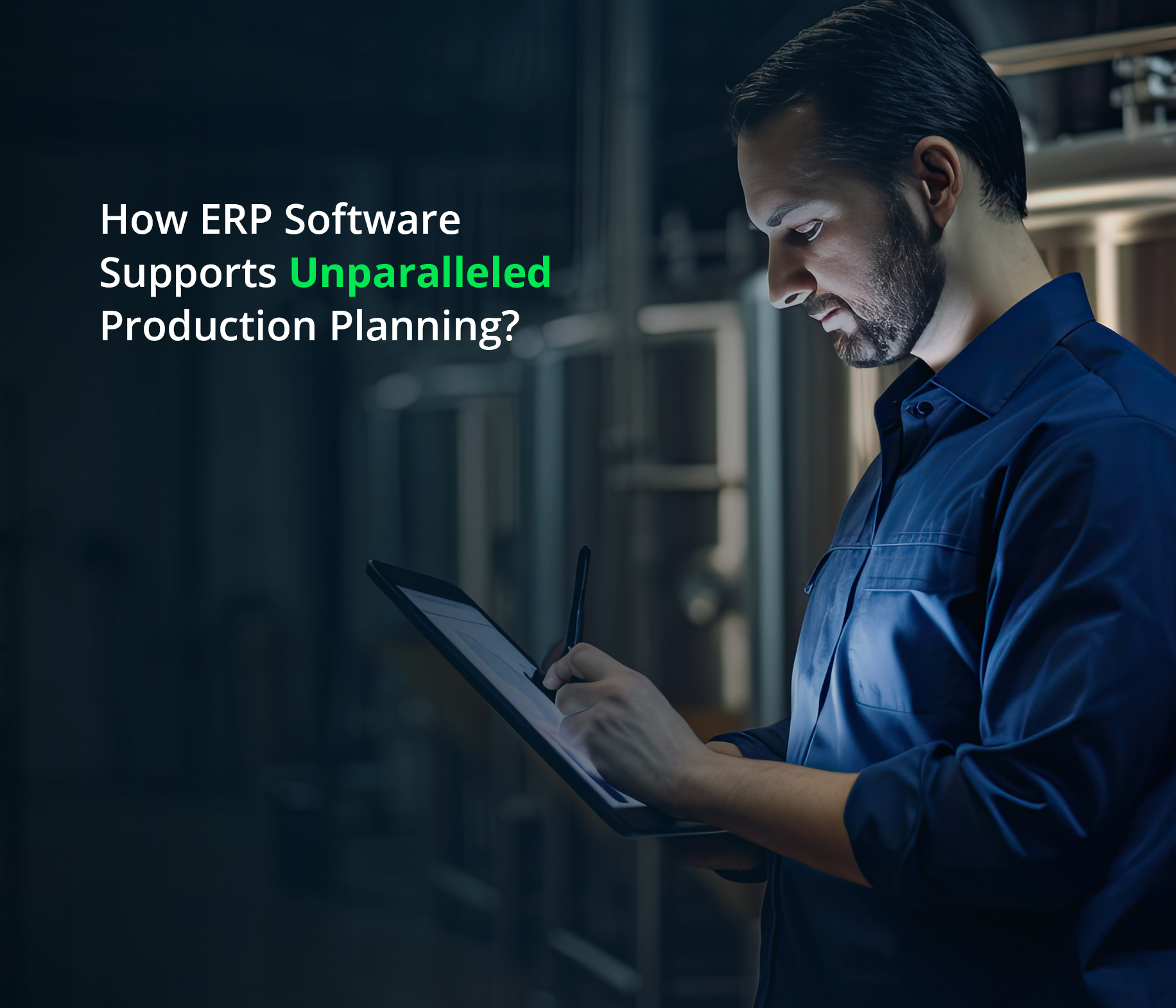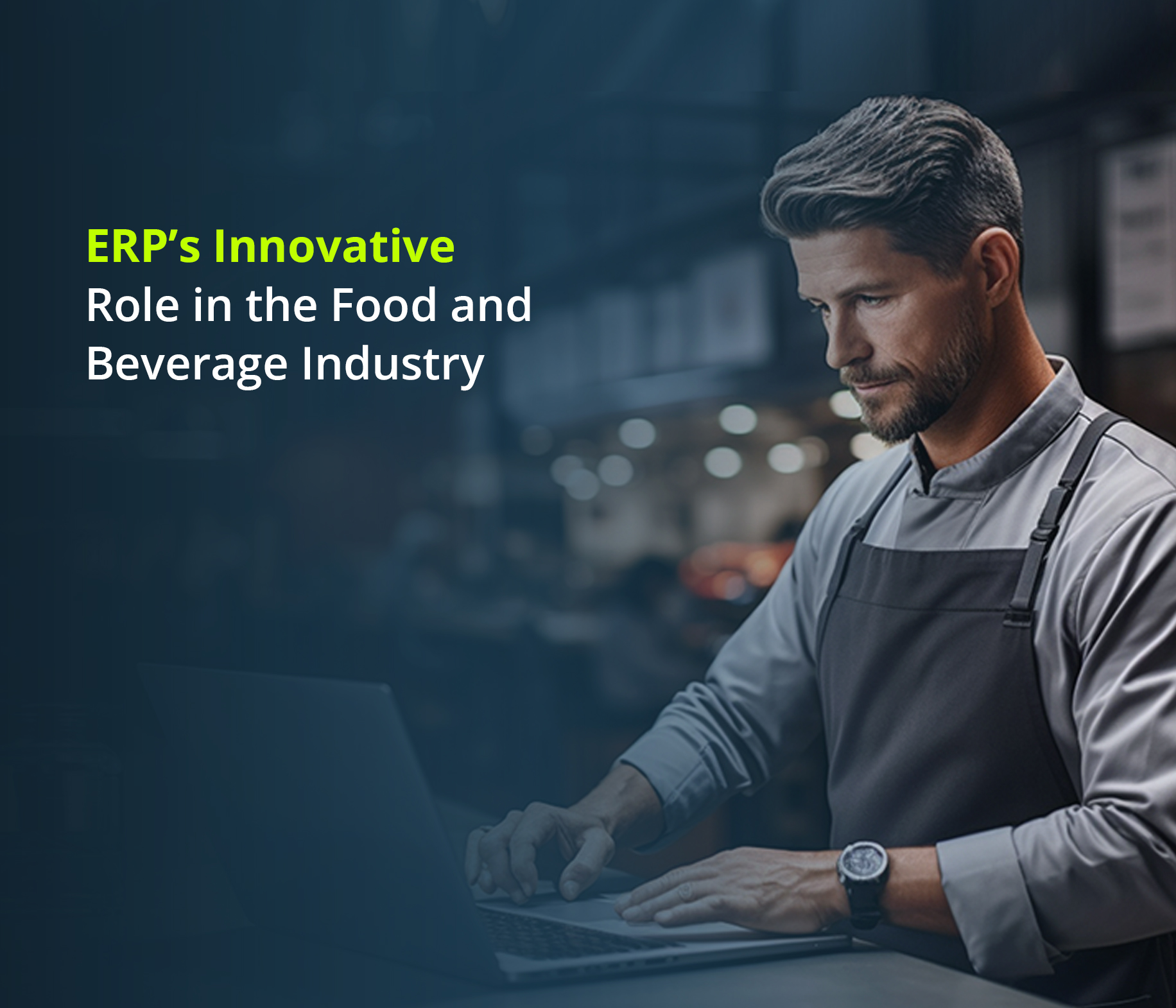What is GCC VAT?
GCC VAT is an indirect tax that will be levied on goods and services in the member states of the Gulf Cooperation Council. The member states of GCC are Saudi Arabia, Dubai, Qatar, Bahrain, Oman and Kuwait.
How will the GCC VAT be levied?
Registered businesses who operate in any of these states will levy the VAT on the goods and services they supply, on behalf of the government. It will be levied in each stage of the supply chain and the end user will incur its payment. The GCC VAT will also be levied on the import of goods.
Are any goods or services exempted from the GCC VAT?
The GCC has applied zero-rate on certain goods and services such as medicine and medicine supplies, certain food, the oil sector, international and intra-GCC transport, supply outside the GCC (export) and the supply of precious metals for investment.
Apart from this, every member state of the GCC can also apply zero-rate on some sectors such as education, real estate, local transport and medicine.
The zero-rate of effectively makes the above goods, services and sectors exempt from the GCC VAT.
At what rate will the GCC VAT be calculated?
The GCC VAT will be calculated at the rate of 5 Percent. However, as mentioned above, certain sectors and exports will be taxed zero Percent, making them tax exempt.
Which businesses are required to register for the VAT?
Every business which has an annual turnover of SAR 375,000 (or its equivalent in the currency of any GCC member state) is required to register for the VAT. In other words, the annual turnover of SAR 375,000 or its equivalent is VAT registration threshold. Businesses whose annual turnover is below the said amount are not obligated to register, though they can do so voluntarily.
What documents do businesses need to maintain for filing VAT returns?
The main document that a business needs to maintain to file VAT returns is the invoice. Business should issue VAT invoices on every sale they make and every service they offer. Apart from the invoices, business should also keep records such as:
- Debit or credit notes
- Import and export records
- Records of goods/services provided for free or allocated for private use
- Zero rated or VAT exempt supplies and purchases

When are businesses required to file the VAT returns?
Businesses are required to file their VAT returns monthly or quarterly. Although there will be an online platform for filing VAT returns, all businesses are required to keep hardcopies of the returns filed. The GCC VAT is based on self-assessment; therefore, the onus of calculating it, filing the returns etc. will be on businesses and service providers.
An apt warehouse management system software for small businesses can seamlessly integrate all data into a centralized platform to make monitoring and managing them a breeze.
It should be noted that after registration, calculation and reporting the VAT are the most important activities to be done. For both, invoices are very important.
With the VAT looming ahead, how can businesses work towards their advantage?
Business can gain advantage in the new VAT regime if they prepare early for it. Early preparation will include implementing an adept ERP system that is compliant with the new VAT rules. This will be the first time that businesses in GCC will be operating under tax rules. It is very vital that compliant ERP systems are not only implemented but comprehensively tested to iron out any possible glitches that may crop up.
What kind of software can businesses use to calculate VAT?
Thanks to technology, businesses can use ERP solutions to keep pace with VAT calculations without hindering their operations. Business will have to choose a robust system that is equipped with multiple capabilities. An ERP that is capable of different processes and is not restricted to an on-premise platform.
Focus 8 has emerged as one of the most preferred and highly dependable ERP software in the GCC region. It has the following features that make it perfect for businesses operating in the GCC region.
- Built-in Charge back mechanism
- VAT rate definition, based on customer location
- Auto VAT posting for both Input VAT and output VAT
- Customizable and flexible report for filing of online VAT returns
- Auto-check structure for GCC and Export based VAT exemptions
Focus 8 also has features to generate exception reports to ensure that nothing remains amiss while calculating the VAT. Its rational analysis report includes features such as:
- Calculation discrepancies in invoices
- Bi-lingual (English/Arabic) billing and reports
- Missing VAT rates for product/product groups
- Misplaced location details of customer businesses
- Customer Print layout including VAT Rates as required
Focus Softnet has successfully implemented tax compliant ERP solutions in several countries. With an experience of over 25 years, it has brought to the fore, several industry specific business solutions which have proved their mettle throughout the years.
With the VAT looming ahead, businesses should hasten towards implementing a compliant and strong ERP to prepare for the new tax regime. For this, the first step will be to register for a free demonstration of a reliable solution like Focus 8.
(More details about the GCC VAT to follow)







